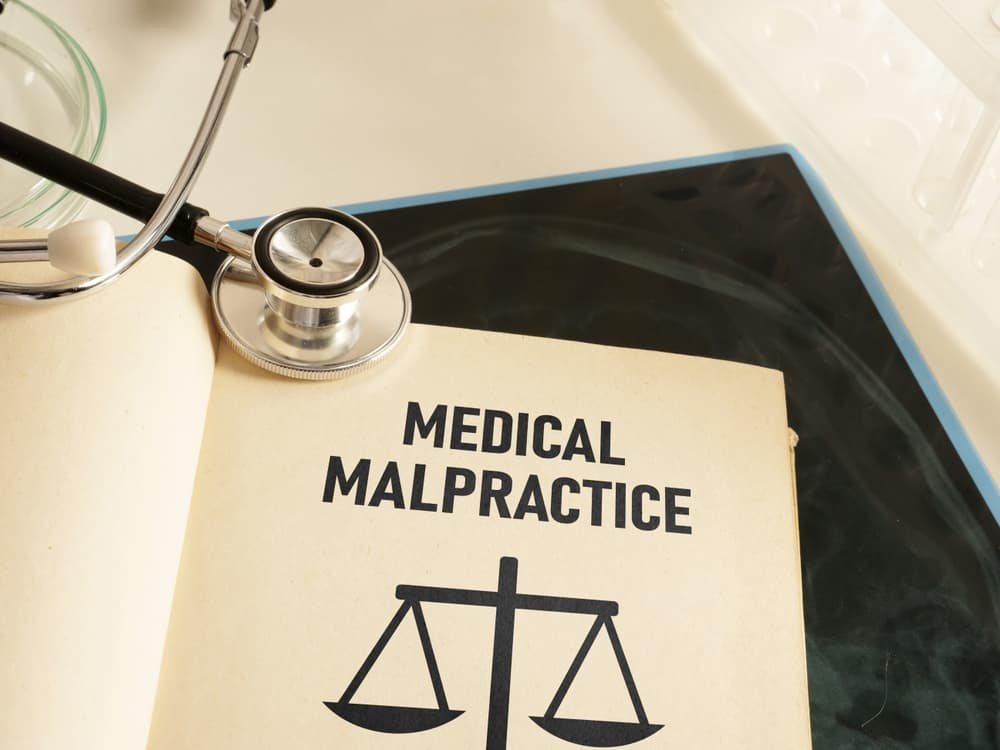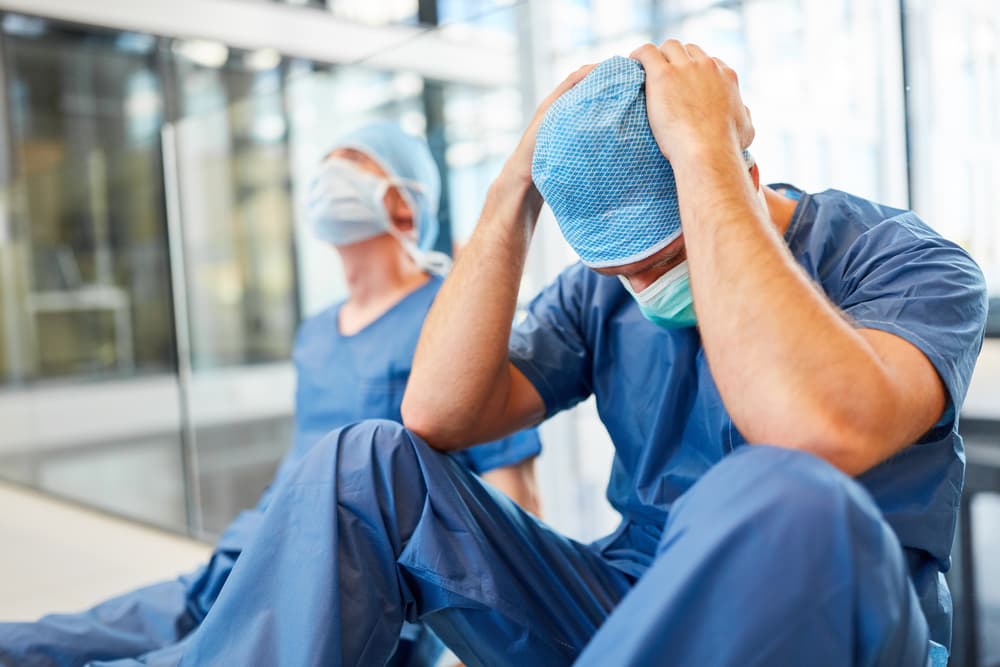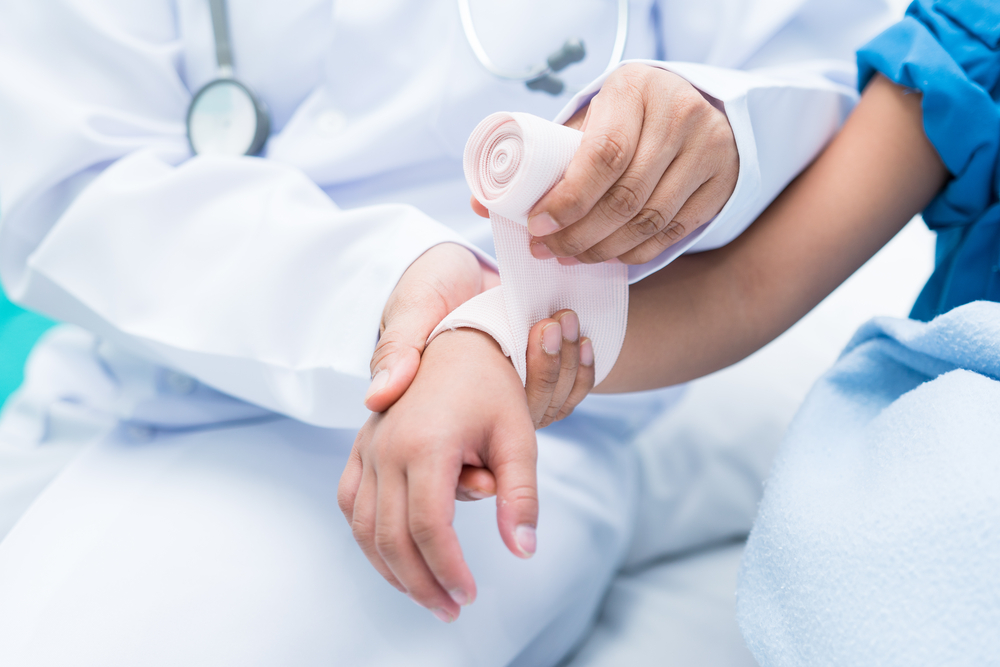When property owners fail to maintain or monitor their premises in a reasonable and careful manner, serious injuries can result. If you recently sustained injuries in a premises accident, a skilled premises liability lawyer can determine your options and pursue the necessary legal steps on your behalf. Specifically, your lawyer can file a personal injury claim with the property owner's insurance company, negotiate that claim on your behalf, or litigate your case through the court system to a successful resolution.
Common Premises Accidents Due to Property Owner Negligence
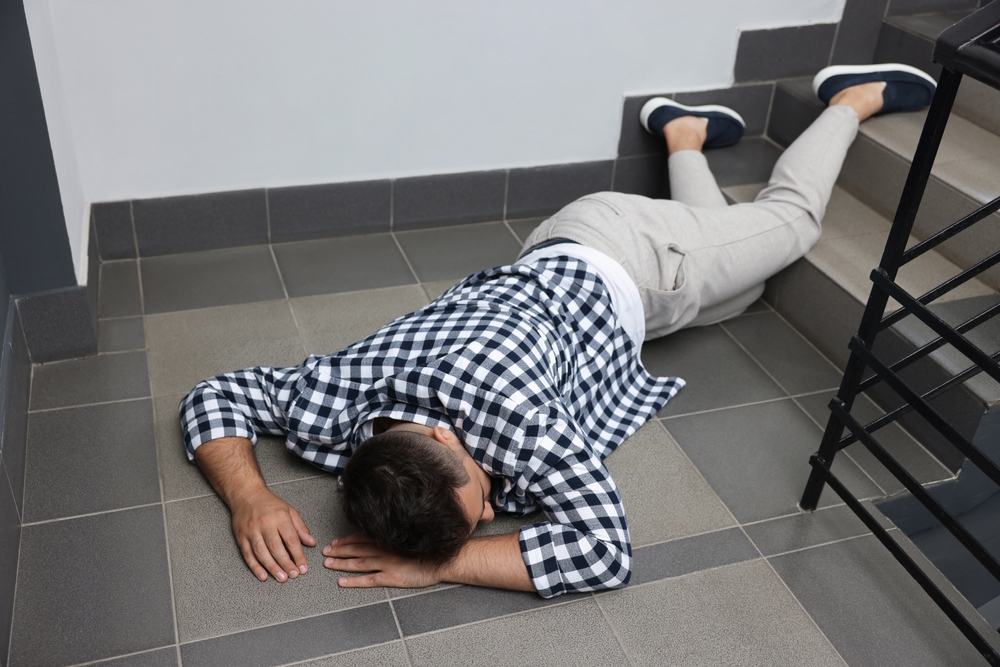
Premises accidents happen when a person becomes injured on someone else’s property due to the owner’s negligence. These accidents can occur in various ways, but some are more common than others.
- Slip-and-fall Accidents — These are perhaps the most frequent premises accidents. They occur when someone slips, trips, or falls due to hazards like wet floors, uneven surfaces, or poor lighting. For instance, if a grocery store fails to clean up a spill, a customer may slip and become injured. Similarly, cracked sidewalks or icy walkways can also lead to falls.
- Trip-and-fall Accidents — These are similar to slip-and-fall accidents but involve tripping over an object rather than slipping. Cluttered floors, loose carpeting, and cables strewn across walkways are common culprits. For example, if a person trips over a box left in a store aisle, the store may be liable for not keeping the walkway clear.
- Staircase Accidents — Poorly maintained staircases can cause serious injuries. Worn-out steps, broken handrails, or inadequate lighting can lead to falls. For instance, if an apartment complex neglects to fix a broken step, a tenant may fall and get hurt.
- Swimming Pool Accidents — These accidents can happen due to a lack of proper safety measures. Slippery pool decks, inadequate fencing, or lack of supervision can lead to drownings or other injuries. For example, if a public pool does not have a lifeguard on duty, a swimmer may drown or get injured without help.
- Falling Object Injuries — Objects falling from shelves or overhead can cause injuries. This can happen in stores, warehouses, or even homes. If a store fails to secure heavy items on high shelves, and one falls and injures a customer, the store can be considered negligent.
- Elevator and Escalator Accidents — Malfunctions or poor maintenance of elevators and escalators can lead to injuries. For instance, if an escalator suddenly stops or an elevator door closes too quickly, people can get hurt. Property owners are responsible for ensuring these machines are regularly inspected and maintained.
- Dog Bites and Animal Attacks — Property owners can be liable if their pets injure someone on their property. If a dog is known to be aggressive and the owner does not take steps to restrain it, the owner can be held responsible for any injuries it causes.
In all of these cases, the key factor is the property owner’s responsibility to maintain a safe environment. Negligence occurs when they fail to address known hazards or take reasonable steps to prevent accidents.
Victims of premises accidents may be entitled to compensation for their injuries if they can prove the owner’s negligence.
Common Injuries in a Premises Accident
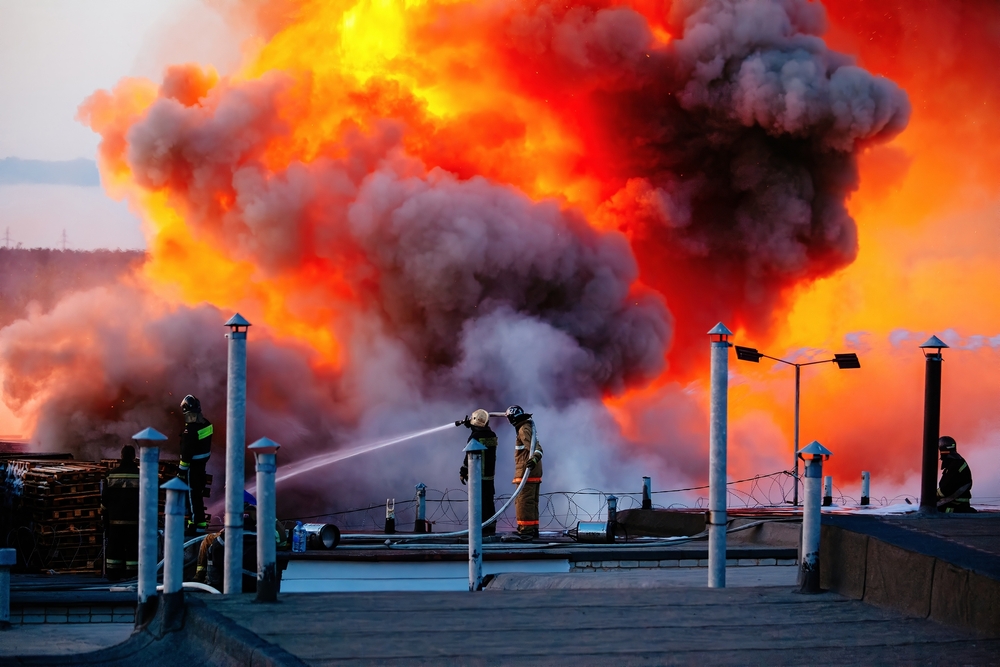
Premises accidents can lead to a variety of injuries, ranging from minor to severe. Some of the most common injuries that victims may suffer in these accidents include the following:
- Sprains and Strains — These injuries often occur when someone falls or twists awkwardly. Sprains involve stretching or tearing of ligaments while strains involve muscles or tendons. For instance, someone may sprain their ankle after slipping on a wet floor or strain their back lifting a heavy object.
- Fractures — Broken bones are common in premises accidents. A fall from a height, slipping on ice, or being struck by a falling object can result in fractures. The severity of fractures can vary, from a small hairline crack to a complete break that requires surgery.
- Bruises and Contusions — These are less severe injuries but still painful. They occur when blood vessels under the skin break due to a blow or impact. For example, tripping over an uneven sidewalk and falling can cause significant bruising.
- Brain Injuries — These range from minor concussions to severe traumatic brain injuries (TBIs). A head injury can happen if someone falls and hits their head or if an object falls from a shelf and strikes them. Even a minor bump can cause a concussion, while more severe impacts can lead to long-term brain damage.
- Cuts and Lacerations — Sharp objects or broken glass can cause deep cuts that may require stitches. For example, a broken piece of glass on the floor of a store can cut someone’s foot if not promptly cleaned up.
- Back and Spinal Injuries — These can be very serious and potentially life-changing. Slips, falls, or heavy lifting can cause herniated discs, spinal fractures, or other injuries. In severe cases, these injuries can lead to paralysis or chronic pain.
- Burns — Burns can occur if a property has faulty wiring or if there is a fire hazard. For instance, a malfunctioning appliance or exposed wires can cause electrical burns.
- Neck Injuries — These are common in falls or when a falling object strikes someone. Whiplash, for example, can occur if a person’s head suddenly jerks forward and backward.
- Internal Injuries — These are not always immediately apparent but can be life-threatening. A severe impact from a fall or a blow can damage internal organs, leading to internal bleeding or other serious issues.
It is important to document any injuries and seek legal advice to understand potential compensation rights.
Successfully Proving the Elements of a Premises Liability Case
A premises liability case arises when someone becomes injured on another person’s property due to unsafe conditions. To win such a case, the injured person, known as the plaintiff, must prove several elements. Here are the key elements of a premises liability case and how they can be satisfied:
- Duty of Care — The first element is proving that the property owner owed a duty of care to the plaintiff. This means the owner had a legal responsibility to ensure the property was safe. The duty of care depends on the relationship between the plaintiff and the property. For instance, property owners owe the highest duty of care to invitees, like customers in a store, who are on the property for the owner’s benefit. Licensees, like social guests, are owed a moderate duty of care, while trespassers are generally owed the least duty, except in some special cases, for example, children who may be attracted to a dangerous condition.
- Breach of Duty — The second element involves showing that the property owner breached this duty of care. A breach occurs when the owner fails to take reasonable steps to keep the property safe. For example, if a grocery store owner knew about a spill but did not clean it up promptly, this can be a breach of duty. Evidence like maintenance logs, witness testimony, or security footage can help demonstrate the breach.
- Causation — The third element is causation, which means proving that the owner’s breach of duty directly caused the plaintiff’s injury. The plaintiff must show that their injury was a foreseeable result of the owner’s negligence. For example, if a customer slips on a wet floor that was not cleaned up, the slippery floor is a direct cause of their injury. Medical records, accident reports, and expert testimony can help establish this link.
- Damages — The final element is proving that the plaintiff suffered actual damages as a result of the injury. Damages can include medical bills, lost income, pain and suffering, and other costs related to the injury. The plaintiff needs to provide evidence of these damages, such as medical records, receipts, and documentation of time missed from work.
What Happens During Premises Accident Litigation?

Premises accident litigation involves a legal process whereby an injured person (plaintiff) seeks compensation from a property owner (defendant) due to an injury sustained on their property. The steps that typically occur during this type of litigation are as follows:
- Seeking Medical Attention — Immediately after the accident, the injured person should seek medical attention. This ensures their health and safety, and medical records from this visit will serve as important evidence in the case.
- Consulting an Attorney — The injured party should consult a personal injury attorney with experience in premises liability cases. The attorney will evaluate the case, determine if there is a viable claim, and guide the plaintiff through the legal process.
- Investigation — The attorney will conduct a thorough investigation of the accident. This includes gathering evidence such as photographs of the accident scene, witness statements, surveillance footage, and maintenance records. They will also review medical records to document the extent of the injuries.
- Filing a Complaint — If the attorney believes the case has merit, they will file a complaint in the appropriate court. The complaint outlines the plaintiff’s allegations, the defendant’s negligence, and the damages sought. Once filed, the court formally notifies the defendant of the lawsuit through a process called service of process.
- Defendant’s Response — After receiving the complaint, the defendant must respond, usually by filing an answer. In the answer, the defendant may admit or deny the allegations and may also present any defenses.
- Discovery — During the discovery phase, both parties exchange information relevant to the case. This can include written questions (interrogatories), requests for documents, and depositions (sworn statements taken in front of a court reporter). Discovery helps both sides gather evidence to support their claims or defenses.
- Pretrial Motions — Before the trial, either party may file pretrial motions. These motions can request the court to make decisions on certain legal issues, such as dismissing parts of the case or excluding certain evidence.
- Settlement Negotiations — Many premises accident cases resolve through settlement negotiations before going to trial. Both parties, often through their attorneys, may negotiate to reach a mutually agreeable settlement. This can save time and avoid the uncertainties of a trial.
- Trial — If the parties cannot reach a settlement, the case proceeds to trial. During the trial, both sides present their evidence and arguments to a judge or jury. The judge or jury then decides whether the defendant was negligent and, if so, how much compensation the plaintiff should receive.
Having a knowledgeable attorney on your side in a premises accident case can significantly increase your likelihood of success.
What Damages Are Recoverable Following a Premises Accident?
Following a premises accident, an injured person may be entitled to compensation to cover the costs and damages resulting from the injury. The main losses they might cover include:
- Medical Expenses — One of the most common types of losses is for medical expenses. This includes costs for hospital stays, surgeries, doctor visits, physical therapy, prescription medications, and any other medical treatments related to the injury. Even future medical expenses, such as for ongoing treatments or long-term care, can be included.
- Lost Income — If the injury prevents the person from working, they can claim compensation for their lost income. This covers the income they would have earned during their recovery period. If the injury results in a long-term or permanent disability (like paralysis), they may also receive compensation for anticipated lost earnings.
- Pain and Suffering — This type of compensation injuries is for the physical pain and emotional distress the injury caused. Quantifying pain and suffering can be more challenging compared to medical expenses or lost income. Pain and suffering compensation considers factors like the severity of the injury, the duration of recovery, and the effects on the person’s quality of life.
- Loss of Enjoyment of Life — If the injury significantly affects the person’s ability to enjoy daily activities and hobbies, they may receive compensation for loss of enjoyment of life. For example, if someone who loved playing sports can no longer participate due to their injury, they may be entitled to this type of compensation.
- Property Damage — In some premises accidents, personal property may also be damaged. For instance, if someone’s clothing or electronic devices are damaged during a fall, they can claim compensation for repair or replacement costs.
- Permanent Disfigurement or Disability — If the accident results in permanent disfigurement or disability, the injured person can receive compensation to cover the lifelong repercussions. This can include costs for prosthetics, modifications to their home, or additional medical care.
- Loss of Consortium — If the injury affects the victim’s relationship with their spouse or family, they may receive compensation for loss of consortium. This includes the loss of companionship, support, and intimacy that the injured person can no longer provide.
- Punitive Damages — In cases where the property owner’s negligence was especially reckless or intentional, the court may award punitive damages. These are intended to punish the defendant and prevent similar behavior in the future.
Contact an Experienced Premises Accident Lawyer Today
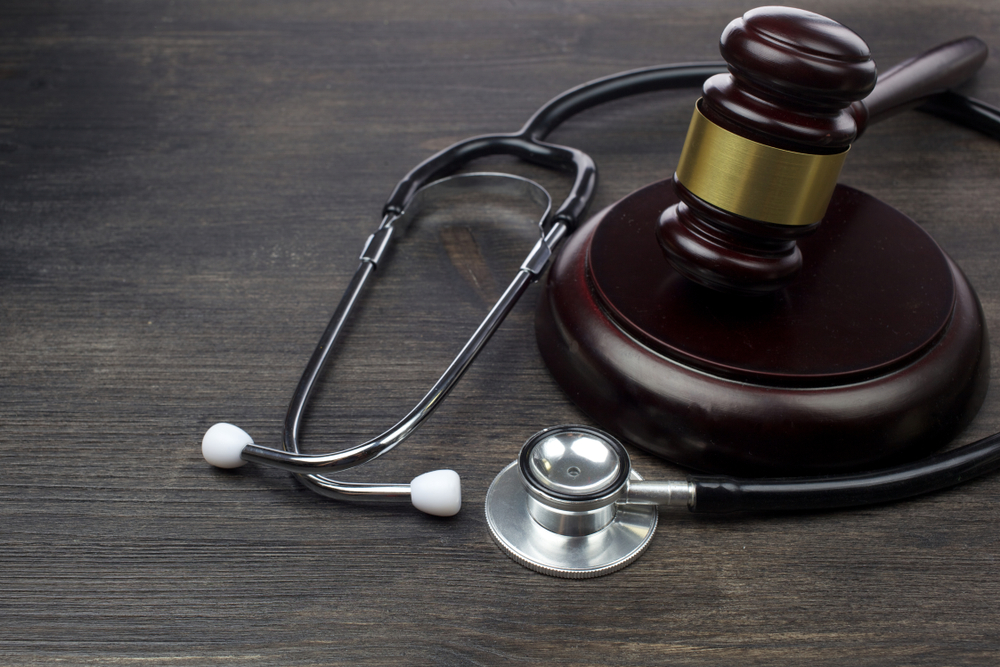
Premises accidents can lead to serious injuries, high medical expenses, and other serious complications. A knowledgeable personal injury attorney can guide you throughout your personal injury case, advocate for your interests, and pursue the compensation you deserve for your injuries.
